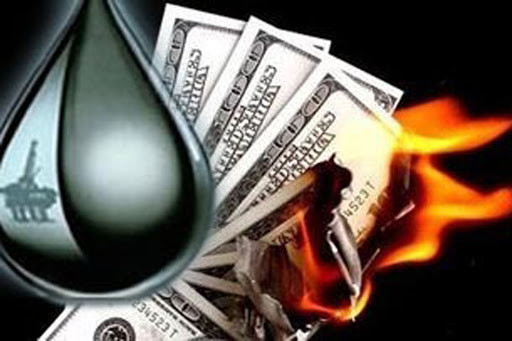DiXi Group expert: Oil producers unite before “shooting up”
The preliminary arrangement of OPEC+ countries, in the event of its implementation, will allow to somewhat stabilize oil prices in the coming months, but it does not necessarily mean that it will restore the balance of demand and offer in the market.
Research Director of DiXi Group Analytical Center Roman Nitsovych believes that the arrangement attained by most OPEC countries and Russia may be considered unprecedented.
It is about reducing oil production by 10 million barrels per day in May-June 2020. For the following periods, forecasts are rather optimistic, they are carried out taking into account the gradual recovery of the demand: minus 8 million barrels per day in the period of July-December 2020, minus 6 million barrels per day in the period from January 2021 until April 2022.
“Such ambitious steps on preservation of the level of prices became possible due to the coincidence of the interests of the leading oil producers, although not exclusively Russia and Saudi Arabia, but also the United States and other countries that are struggling with unprecedented downturns of economy. However, the arrangements will work only on condition of the consent of Mexico whose representative left the OPEC+ video conference,” the expert noted.
Roman Nitsovych believes that even these steps may not be enough if the restrictions to combat the coronavirus pandemic are prolonged, and the world economy will continue to suffer because of this. The OPEC itself estimated that in the second quarter of the year, oil surplus on the world market may reach 14.7 million barrels per day. That is, a reduction by 10 million barrels may not be enough to balance the demand and offer.
“However, most of all, the producing countries are afraid of full filling the existing oil depots. Even with the use of the entire tanker fleet and the available reservoirs, they may be filled to the brim as early as in May. Under such a scenario, if there is no decision to further reduce production, prices may drop to zero and even to negative values, i.e. consumers will be paid so that they would buy oil,” the expert noted.
It is this kind of “shooting up” that oil producing countries is trying to avoid, so the chances of attaining the arrangements are quite high. For consuming countries, in particular Ukraine, this is an opportunity to make fuel reserves quite cheap.
“This opportunity should be thought of by oil refinery operator companies that can temporarily be converted into oil depots and by the state that has the facilities of the State Reserve integrated plants and “Ukrtransnafta” reservoir parks at its disposal. After all, it is also an impetus for the creation of a system of minimum reserves of crude oil and petroleum products, as is required by the EU directives and the provisions of the current Energy Strategy of Ukraine,” the expert summed up.









